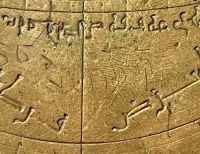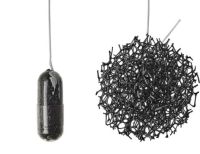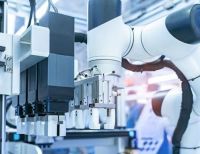Self-confessed ‘nerd’ Serena Nik-Zainal went from hospital wards to the laboratory on a mission to provide patients with the best possible treatment for their illnesses. Ten years later she is at the forefront of genomic research, creating tools for clinicians which are transforming patient care.
I’m a doctor by training; I’d always wanted to be one. I specialised in genetics and dealt with kids with inherited rare disorders. To make a diagnosis I’d often be trying to identify the genetic mutation that caused the presenting symptoms.
‘Reading’ DNA by genomic sequencing was possible but the limitation, at the time, was how expensive it was to do this. It cost thousands of pounds to sequence one little piece of the genome.
As a public sector service there was not enough money to sequence every patient. I found myself in meetings deciding who would be allowed the procedure and who wouldn’t. I found it so hard to be part of this gatekeeping exercise.
Later a technology called Next Generation Sequencing (NGS), pioneered in Cambridge, came along that allowed the whole genome to be sequenced faster than ever before. I knew this would have an impact on my work; I decided to do a PhD so I could understand how to use NGS and was offered a place at the Sanger Institute.
For my research I sequenced the whole genome of 21 breast cancers. At the time it took three months to sequence each one (now it can be done in a day which is fabulous!).
It was astonishing that sequencing as few as 21 cancers resulted in the identification of hundreds and thousands of mutations. Most of these mutations are known as passenger mutations (as opposed to driver mutations that cause cancer).
For decades research had focused on driver mutations rather than passenger mutations which I’d once heard described as “just noise”. I remember thinking: all these mutations can’t just be random. Of course, there is randomness in life, but different factors help mould you in one way or another.
This instinct proved to be correct. I found that the patterns of passenger mutations – called signatures – showed imprints of the damage and repair processes that had occurred in the DNA as the tumour developed. Some of these signatures may be seen across different tumours, whereas others are rare.
Imprints offer clues as to how the cancer arose, what specific type it is and how best to treat it. I often describe the imprints like fingerprints left at a crime scene or footprints in the sand.







